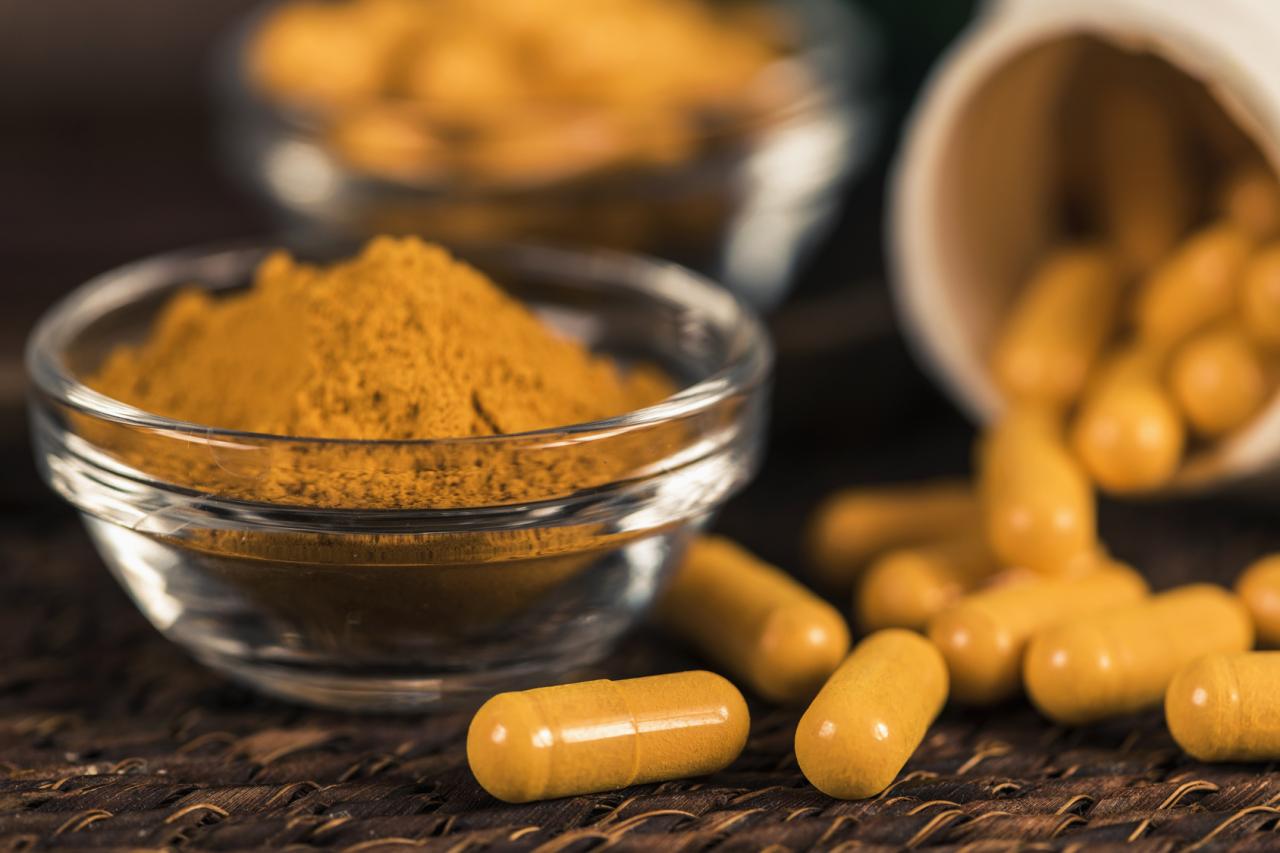 Jupiterimages/Photos.com/Thinkstock
Jupiterimages/Photos.com/Thinkstock
Family gatherings are supposed to be happy occasions, but a 2009 survey by Harris Interactive found 90 percent of Americans feel anxiety and stress during the holidays, and 77 percent reported holiday family gatherings increased their stress.
On Thanksgiving Day, amid the chaos and clatter, the turkey and pumpkin pie, the football (or Downton Abbey) marathon, family chats, Black Friday strategic planning sessions — and little Johnny spilling his drink on Aunt Judy’s prized rug — try to find the time to be grateful.
A growing body of research over the last decade confirms that having an “attitude for gratitude” can be the secret to achieving successful relationships, feeling happiness —even improving your health.
Research shows adults who frequently feel gratitude are more energetic, confident, optimistic, and have more social connections than those who don’t.
Thankful people are also less likely to get depressed or become envious, greedy or alcoholic. They earn more money, sleep more soundly, exercise regularly and have fewer viral infections.
There are similar benefits for children and adolescents too.
Research led by Dr. Jeffrey J. Froh, an assistant professor of psychology at Hofstra University in Hempstead, N.Y., found that kids who feel, and in turn, act grateful, tend to set higher goals, achieve better grades, and complain of fewer headaches and stomach aches. They are more likely to feel higher levels of satisfaction with friends and family and are less materialistic than their less grateful peers.
In fact, increasing one’s feelings of gratitude can improve a person’s overall well-being and quality of life, according to University of California-Davis Psychology Professor Robert Emmons, a pioneer in gratitude research.
Emmons and University of Miami psychologist Michael McCullough’s 2003 landmark study in the Journal of Personality and Social Psychology, showed that counting your blessings can actually improve your overall health.
Conversely, when Eastern Washington University Clinical Psychologist Philip Watkins studied the relationship between gratitude and mood disorders, the results showed that clinically depressed patients in the study experienced significantly less gratitude (nearly 50 percent less) than a control group.
Even in difficult times such as personal illness or tragedy, finding gratitude in your current state can promote positive outcomes.
For example, Emmons’ study of adults with neuromuscular disease found a 21-day gratitude intervention resulted in greater amounts of high-energy positive moods, a greater sense of feeling connected to others, more optimism about life and better sleep, compared to a control group.
So don't leave the gratitude behind when you leave the Thanksgiving table. Emmons said that once you’ve learned to incorporate feelings of gratefulness into your life, you can "think bigger" by learning to positively affect others.
Several studies have looked at how gratitude might improve relationships. One couples study found that individuals who took time to express gratitude for their partner not only felt more positive toward the other person (a ratio of 5:1) but also felt more comfortable when it came time to express concerns about their relationship and working out solutions.
“Grateful people experience higher levels of positive emotions, such as joy, enthusiasm, love, happiness and optimism, and the practice of gratitude as a discipline protects a person from the destructive impulses of envy, resentment, greed and bitterness," Dr. Emmons wrote in his book, Thanks.
He said, "Grateful people are better able to cope more effectively with everyday stress, more resilient in the face of trauma-induced stress, and may recover more quickly from illness and benefit from greater physical health.”
Feeling short on gratitude? Dr. Emmons has provided 10 tips for establishing "sustainable gratitude" in life at: http://health.universityofcalifornia.edu/2010/11/22/10-ways-to-become-more-grateful/
Lynette Summerill is an award-winning writer and Scuba enthusiast who lives in San Diego with her husband and two beach loving dogs. Besides writing about cancer-related issues for EmpowHER, her work has been seen in newspapers and magazines around the world.
Sources:
Froh, J., Sefick, W. J., & Emmons, R. A. (2008). Counting blessings in early adolescents: An experimental study of gratitude and subjective well-being. Journal of School Psychology, 46, 213-233; and Froh, J. J., Emmons, R. A. Card, N. A., Bono, G. & Wilson, J. A. (2010). Gratitude and the reduced costs of materialism in adolescents. Journal of Happiness Studies.
http://people.hofstra.edu/jeffrey_j_froh/files/JSP523_Final_2.11.08.pdf
R. A. Emmons (2007) Thanks! How the new science of gratitude can make you happier. New York: Houghton Mifflin.
R.A. Emmons and M.E. McCullough. Counting blessings vs. Burdens: An Experimental Investigation of Gratitude and Subjective Well-being In Daily Life. Journal of Personality and Social Psychology, 2003, Vol. 84, No. 2, 377–389.
http://greatergood.berkeley.edu/pdfs/GratitudePDFs/6Emmons-BlessingsBurdens.pdf
Counting your blessings: Positive Memories Among Grateful Persons. Philip C. Watkins, Dean L. Grimm, and Russell Kolts. Current Psychology, Vol 23, No.1 (2004) 52-67. Abstract online at:
http://www.springerlink.com/content/5xrwwgpvgac0m5g0
Reviewed November 20, 2012
by Michele Blacksberg RN
Edited by Jody Smith





Add a CommentComments
There are no comments yet. Be the first one and get the conversation started!